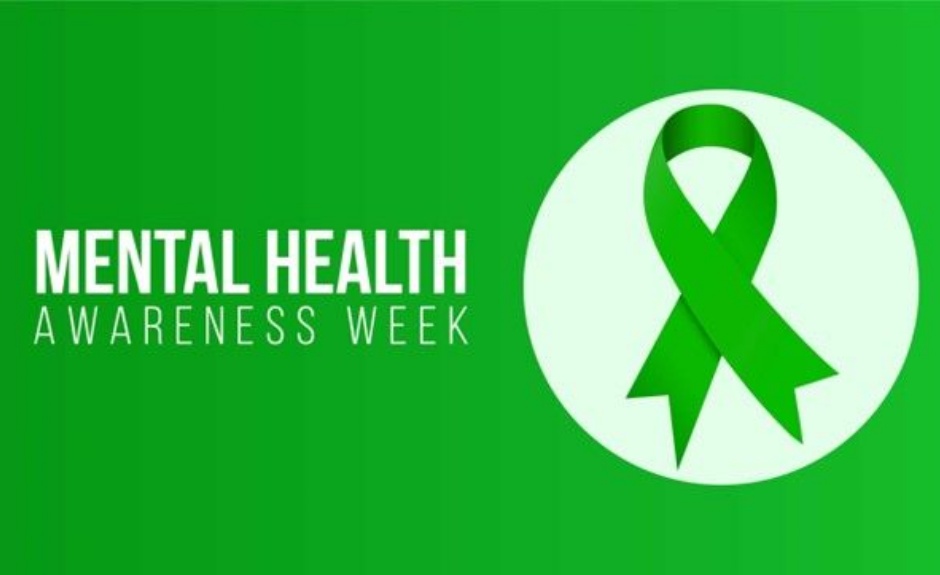Mental Health Awareness Week: 13 – 19 May

Mental Health Awareness Week, observed annually in May, serves as a crucial period for highlighting the importance of mental well-being and reducing the stigma associated with mental health issues.
This week-long campaign is an opportunity for individuals, communities, and organizations to engage in conversations, share experiences, and promote practices that support mental health. As a school, the focus on mental health and wellbeing is drip-fed through our PSHEe curriculum throughout the year, and we place a special emphasis on the wellbeing of young people during Children’s Mental Health Week in February.
It is important to remember that mental health is an integral part of our overall health, affecting how we think, feel, and act. It influences how we handle stress, relate to others, and make decisions. Mental Health Awareness Week plays a significant role in:
- Reducing Stigma: Mental health issues are often surrounded by stigma and misunderstanding. Awareness campaigns educate us, dispel myths, and promote a more compassionate and informed perspective.
- Encouraging Open Conversations: By fostering open dialogue about mental health, we can create supportive environments where individuals feel safe to share their struggles and seek help without fear of judgment.
- Highlighting Resources and Support: Awareness weeks bring to light the various resources and support systems available, making it easier for people to find the help they need.
- Promoting Early Intervention: Early detection and intervention can significantly improve outcomes for those experiencing mental health issues. Awareness campaigns encourage people to recognize the signs of mental distress and seek help promptly.
- Building Community and Solidarity: Mental Health Awareness Week unites people from all walks of life, fostering a sense of community and solidarity. It reminds us that mental health is a shared concern and that collective efforts are necessary to support those in need.
There are a variety of resources available to cater to different needs in England:
- NHS Services: The National Health Service (NHS) offers a range of mental health services, including counselling, therapy, and psychiatric support. General Practitioners (GPs) can provide initial consultations and referrals to specialist services.
- Mind: Mind is a leading mental health charity in England that provides advice and support to anyone experiencing a mental health problem. They offer helplines, online resources, and local branches with community-based services.
- Samaritans: Samaritans is a charity dedicated to reducing feelings of isolation and disconnection that can lead to suicide. They offer a 24/7 helpline for anyone in emotional distress, providing a safe space to talk.
- Rethink Mental Illness: This organisation offers support and advice to people living with mental illness and their carers. Their services include local support groups, advocacy, and helplines.
- YoungMinds: Focused on children and young people, YoungMinds provides resources and support for young people struggling with mental health issues and their parents. They offer a helpline specifically for parents concerned about their child's mental health.
- CALM (Campaign Against Living Miserably): CALM is dedicated to preventing male suicide, offering a helpline and webchat for men who need support.
- Shout: Shout is a 24/7 text service for anyone in crisis, providing immediate support from trained volunteers.
By promoting understanding, reducing stigma, and highlighting available resources, we can create a community here at Pilgrims’ that values and supports mental well-being. As a school, we applaud those with the courage to seek support, and we are always on hand should a listening ear be needed.
Craig Cuyler
Director of Wellbeing/Head of PSHEe/Deputy DSL/ Assistant Housemaster








